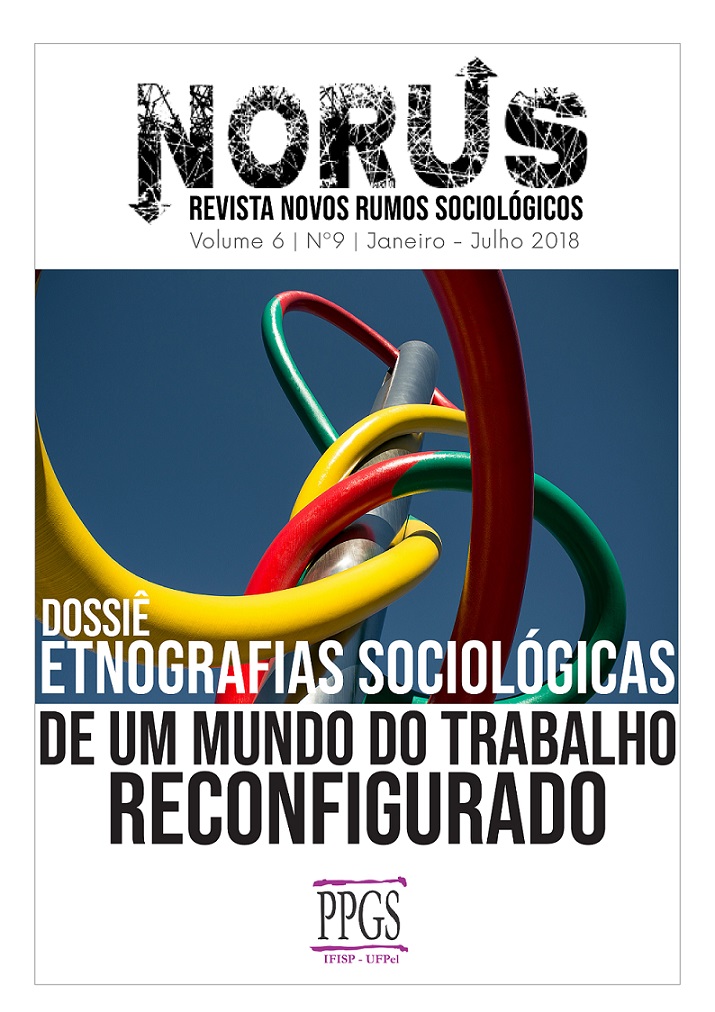Precarized work in Brazil post-2016
diagnosis and alternatives
Abstract
There is a patent process of formal work precariousness in progress in Brazil. This process is the result of a perverse set of practices aimed at reaching the political-economic elites aspirations of global capitalism through neoliberalism. Our analysis of this structural feature throws light on the interaction between the macro-structural dynamics of global capitalism and the relation "capital x labor" in contemporary Brazil. Our objective is to understand the macrostructural dynamics of the capitalist system, analyzing the political events, their consequences and alternatives regarding the relation "capital x labor" in the country. In order to reach this goal we carry out bibliographic research in specialized literature, also using documentary research; it is a qualitative research. We argue that there is a internationalization deepening of the Brazilian economy immediately after the impeachment of President Dilma in 2016, carried out by the Temer Government. This internationalization is at least through the resumption of privatizations in the country and the cutting of labor and social rights. The Petrobras dismantling, the Outsourcing Law, the Labor Reform and the "PEC of the End of the World" are tactics triggered and essentially necessary for the attainment of the goals of global capitalism with State legitimation - through actions of the current government. Associativism, even with its limits, deserves attention as an alternative to the precariousness of formal work. This is because (i) it provides another subjectivity to the workers and (ii) it conducts itself in decent work relations without exploitation, as a means; and it is about (iii) a project of overcoming capitalism as an end.


